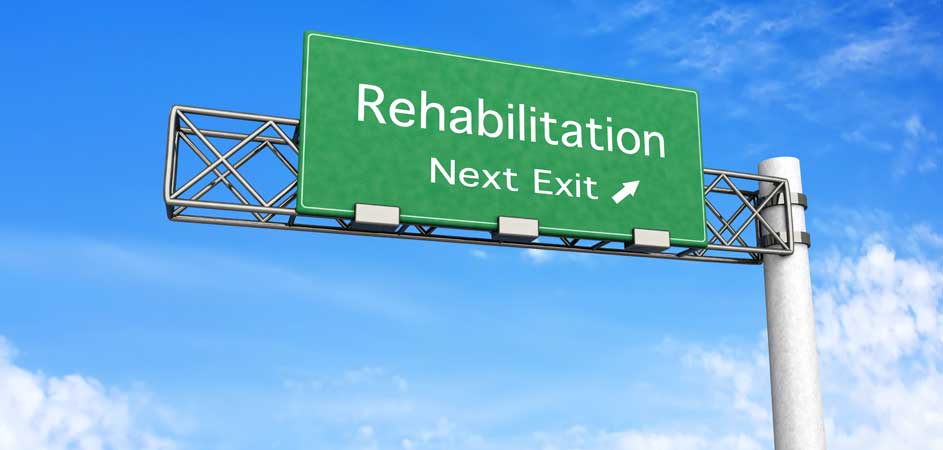In the world of addiction treatment, we often look at substances themselves as the root of the problem. But for many individuals, the deeper issue lies in their relationships—specifically, in the psychological and emotional patterns known as trauma bonding. Trauma bonding and addiction often go hand in hand, reinforcing each other in destructive cycles that are difficult to escape. These bonds, typically formed in abusive or manipulative relationships, can make it harder for someone to recognize their substance use problem or to maintain recovery.
At Mississippi Drug and Alcohol Treatment Center, we understand how critical it is to address these relationship dynamics during treatment. This article explores what trauma bonding is, how it connects to addiction, and what can be done to break the cycle.
What Is Trauma Bonding?
Trauma bonding refers to intense emotional attachments formed between a victim and an abuser, typically in the context of repeated cycles of abuse, manipulation, or neglect. Despite the harm, the individual may feel loyal, protective, or emotionally dependent on the abusive person. These relationships often involve highs and lows—moments of kindness followed by cruelty—that reinforce the bond through intermittent reinforcement.
This cycle is deeply rooted in survival instincts and neurochemical responses. Over time, it can lead to distorted perceptions of love, trust, and danger, particularly for those with a history of childhood trauma or neglect.
The Link Between Trauma Bonding and Addiction
Many individuals who struggle with addiction also report histories of toxic or abusive relationships. Trauma bonding doesn’t just create emotional pain; it also rewires the brain. The same brain chemicals involved in bonding—such as oxytocin, dopamine, and cortisol—are also involved in substance use and addiction.
When someone experiences abuse and uses substances as a coping mechanism, the two behaviors become neurologically entangled. The person might drink or use drugs to numb the emotional pain caused by a partner, only to be pulled back in when that partner shows affection or remorse. Over time, both the substance and the relationship become addictive.
This dynamic makes leaving the relationship or getting clean even harder. Recovery isn’t just about detoxing from a substance—it’s also about untangling the emotional dependency that may have helped sustain the addiction in the first place.
How Trauma Bonds Hinder Recovery
Trauma bonding can significantly complicate the recovery process. Some of the most common barriers include:
- Fear of abandonment: Leaving a toxic relationship can trigger deep fears, especially if the person has a history of being neglected or unloved.
- Shame and self-blame: Many individuals in trauma bonds internalize the abuse, believing they’re unworthy of love or recovery.
- Sabotaged progress: A manipulative partner may actively undermine recovery efforts, out of fear of losing control or influence.
- Return to substance use: Emotional pain after ending the relationship may trigger relapse.
These factors can keep someone trapped in both the addiction and the relationship, creating a dual dependency that is very difficult to break without professional help.
What the Science Says
According to neurobiological research, traumatic attachment and addiction engage the same neural pathways—particularly those involving dopamine and oxytocin systems—making trauma bonds as compelling as substance dependency (PMC).
This overlap helps explain why so many people find themselves caught in a loop of toxic relationships and substance use: both stimulate the same reward systems in the brain, creating a powerful pull that logic and willpower alone can’t overcome.
Recognizing the Signs
Understanding whether trauma bonding is part of your addiction story can be difficult. Here are some common indicators:
- You feel unable to leave a harmful or manipulative relationship, even when you know it’s damaging.
- You often rationalize or minimize abusive behavior.
- You experience intense emotional highs and lows based on the other person’s behavior.
- You use drugs or alcohol to cope with feelings of fear, abandonment, or anxiety related to the relationship.
If any of these sound familiar, you’re not alone—and recovery is possible.
Healing from Both Trauma Bonds and Addiction
Effective treatment must address both addiction and the emotional wounds behind it. At Mississippi Drug and Alcohol Treatment Center, our clinical team incorporates trauma-informed care into every aspect of treatment. This approach recognizes how past experiences shape present behaviors and helps individuals regain a sense of safety and control.
Some key aspects of our treatment programs include:
- Individual therapy to unpack the emotional impact of toxic relationships
- Group therapy to rebuild trust and healthy connections with others
- Dual diagnosis care to treat co-occurring disorders like anxiety or PTSD alongside addiction (see more)
- Aftercare planning to maintain recovery in environments where toxic relationships may still be present
Breaking free from trauma bonding isn’t just about walking away from a person—it’s about walking toward a life of self-worth, clarity, and peace.
Why This Matters in Mississippi
In Mississippi, substance use continues to impact thousands of families. But beneath the statistics are personal stories of trauma, relationships, and resilience. Many individuals entering alcohol or drug treatment in our state are carrying emotional wounds that go far beyond the substances they use.
By acknowledging and treating trauma bonding as part of the addiction story, we can help people truly heal—not just from drugs or alcohol, but from the painful patterns that kept them stuck.
Get Help Today
If you or someone you love is caught in a cycle of trauma bonding and addiction, there is hope. Our compassionate team is here to help you heal the wounds beneath the addiction and build a life rooted in healthy connection. To start your path toward recovery, reach out now.


 The Hidden Link Between Emotional Trauma and Substance Use in Mississippi
The Hidden Link Between Emotional Trauma and Substance Use in Mississippi